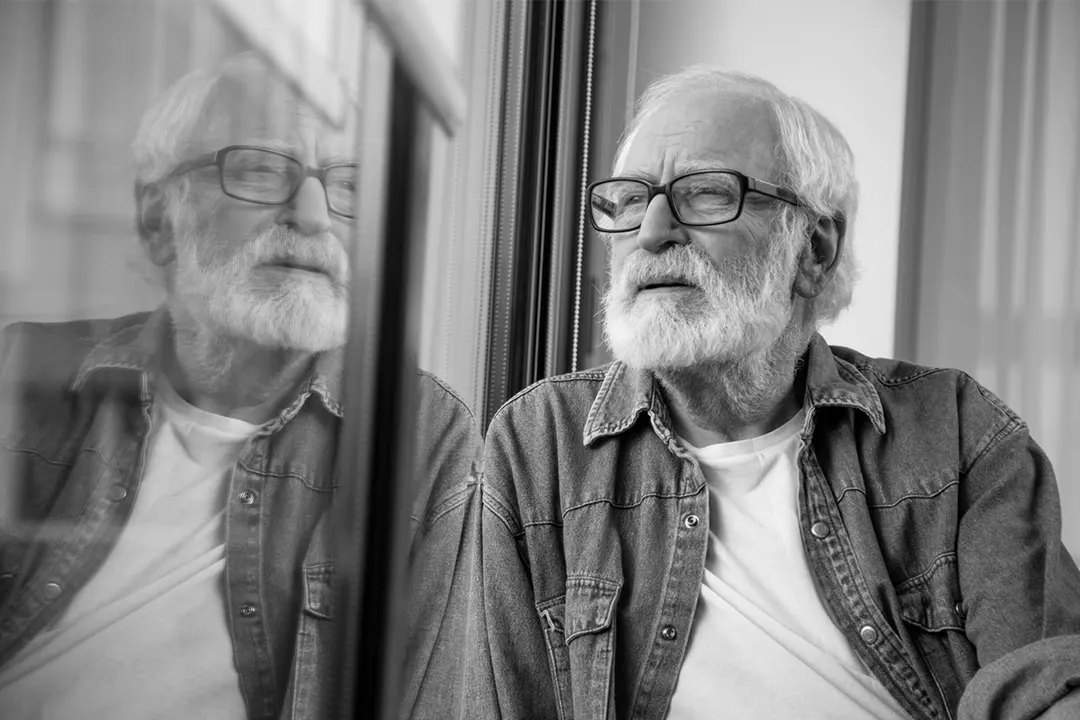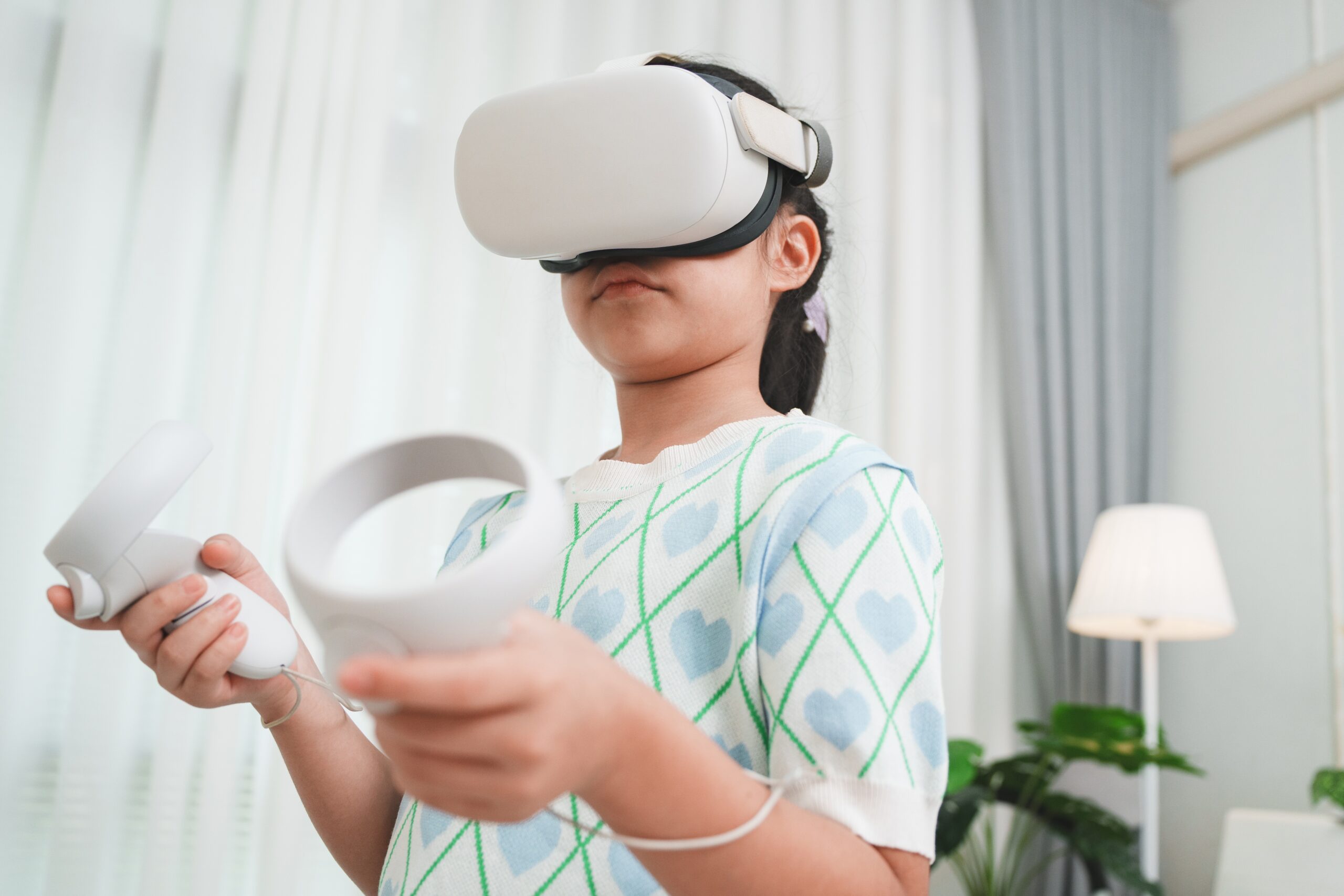Published on: May 8, 2025 at 7:11 pm
During crises and periods of loneliness, nostalgia surges, and it’s happening again. Surveys have found that American men in particular are suffering a “friendship recession.” By turning to nostalgia as a salve, though, people—consciously or not—embrace a distorted view of the past, which may hurt their personal and professional relationships.
Academy of Management Scholar Jessica Methot of Rutgers University and the University of Exeter said that nostalgia is an ambivalent emotion that was commonplace during the COVID-19 pandemic and continues to appear in various incarnations in the arts, politics, and the workplace. For example, nostalgia plays a role in the debate about remote vs. in-office work.
“We were witnessing a lot of people who were longing for what they remembered through rose-colored glasses about their in-office experience pre-COVID-19 pandemic,” Methot said. “They were forgetting all of the bad stuff, all the awkward stuff, all of the annoying stuff, and they were thinking, ‘I really miss seeing my coworkers’ or ‘I really miss this or that aspect of being at work.’
“We started digging into this ambivalent emotion of nostalgia and this sense of longing for this time before and how it was once,” she said.
“Adaptively, if people were able to address it and cope with that nostalgia—if they were redirecting their attention to the present and reframing it as, ‘That was great, but I’m going to put that behind me; I’m going to try to adapt to this new normal in a productive way,’ then they were able to move forward.”
However, Methot found that there are people who get psychologically stuck in nostalgia to the point that they aren’t able to move forward with their lives. That hurt them both personally and professionally.
“Some people I’ve spoken to got really stuck in a liminal space—they were stuck in the past where they couldn’t get out of the mindset of, ‘This is how it used to be,’ and continuing to have that in mind was maladaptive to how they were coping, how they were thinking about their daily work experiences, how they were interacting with other colleagues, and how they were doing their work as well,” Methot said.
A sample of Methot’s AOM research findings:












